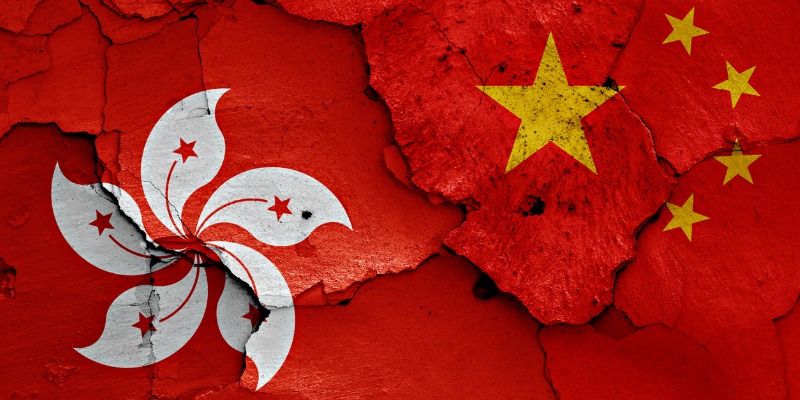China’s attack on Hong Kong’s freedom must be fully exposed

In a recent New York Times op-ed, Regina Ip, a member of Hong Kong’s Executive Council (essentially the cabinet of Hong Kong’s government), defended the Chinese Communist Party’s assault on freedom in Hong Kong—while also noting Hong Kong’s top rating in the Fraser Institute’s Economic Freedom of the World report.
But using our annual report to bolster her argument is misleading, to say the least.
For starters, our report solely measures economic freedom—essentially, the ability of individuals to make their own economic decisions—not other freedoms. And this year’s report uses the latest comprehensive data, which is from 2018—something Ms. Ip also fails to note. While Beijing has been squeezing Hong Kong for some time, it’s been more aggressive over the last couple of years. Consequently, in coming years, Hong Kong’s score in in our report will surely decline due to increased aggression from China (which ranked 124th in this year’s report compared to Hong Kong’s first place ranking).
In her op-ed, Ms. Ip (known as “Beijing’s enforcer”) explains why we shouldn’t worry about Hong Kong’s fate. “Foreign governments should not benchmark what happens in Hong Kong against standards that prevail in Western countries; those are governed by a political system entirely different from China’s. Instead, they should benchmark Hong Kong against the rest of China.”
By this miserably low standard, she says Hong Kong “can maintain its unique characteristics—openness, a commitment to personal rights and freedoms, respect for the rule of law and the ability to reinvent itself economically.”
But these words are meaningless because she also claims that the security law imposed on Hong Kong by the Chinese Communist Party’s (CCP) has not infringed on Hong Kong’s freedom. In support of this, she dubiously claims that only 28 people have been arrested under the law since it was proclaimed on June 30, and fails to note the use of other laws used to arrest hundreds of demonstrators and justify police raids on the media.
Finally, Ms. Ip accuses pro-democracy Hong Kongers of promoting “anti-China sentiment.” This is false. The vast majority of Hong Kong residents are Chinese themselves and hardly anti-Chinese. Instead, they oppose the CCP attacks on their freedoms. Many in Hong Kong fled or are the children of those who fled the CCP during Mao Zedong’s terrors.
Perhaps the most revealing sentence in Ms. Ip’s op-ed is the last. “Beijing’s national security law is saving ‘one country, two systems’ by ensuring that Hong Kong does not become a danger to China.”
The danger is not to China; it’s to the CCP, which fears that any example of freedom—and the benefits of freedom—threaten its regime. Thus, freedom in Hong Kong must be crushed so it “does not become a danger to China.”
It’s important for news outlets to expose these false and distorted arguments so they don’t lurk in the dark but can whither in the light.


